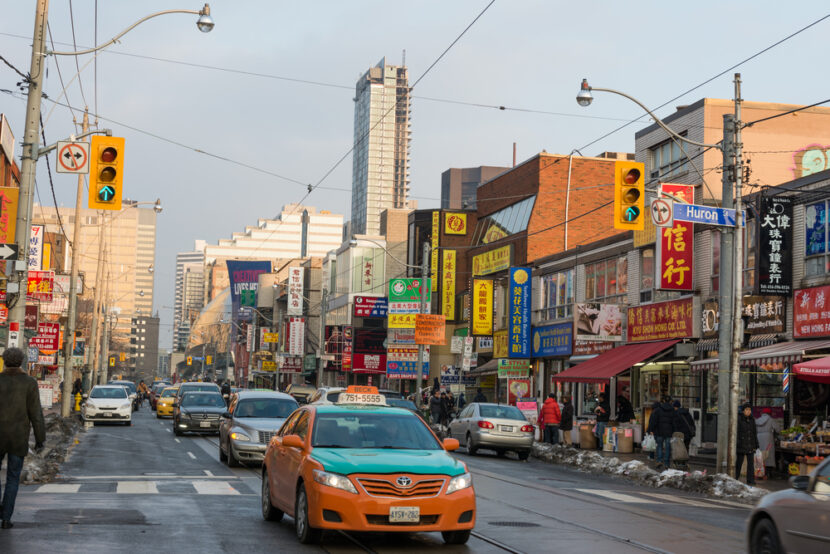TORONTO – A taxi service that uses a smartphone app to connect riders with independent drivers operates without a licence and poses a serious risk to public safety, the City of Toronto said Tuesday as it sought an injunction against the company.
The city’s notice of application – filed with the Superior Court of Justice in Ontario – requests that Uber Canada Inc. and its related companies cease all operations in Toronto.
“It is the city’s opinion that Uber is jeopardizing public safety, including that of the individuals they are recruiting as drivers,” said Tracey Cook, executive director of municipal licensing and standards.
“They are continuing to operate in flagrant disregard of the laws of both the city and the province,” she told a news conference.
Uber said any attempt to restrict consumer choice will hurt those who rely on its service.
“We look forward to continuing to provide the people of Toronto with the Uber they know and love, as we continue to work with city officials to create a permanent home for Uber in Toronto,” Uber said in a statement.
The company has previously defended its business model, saying ride-sharing brings costs down for consumers, creates jobs and leads to fewer cars on the roads.
Uber operates in 230 cities worldwide and has frequently faced fierce criticism from the taxi industry, but it has said the taxi companies are trying to stifle competition and protect their monopoly.
In its application, the city cites five Uber services – UberTaxi, UberBlack, UberSUV, UberX and UberXLcease.
Under each of the models, the application says, Uber is carrying on the business of a taxicab broker or limousine service company because it is accepting and processing requests for taxicab or limousine service from passengers.
“Uber has not, to date, applied for or received a taxi brokerage or limousine service company licence that would potentially authorize it to carry on business in Toronto,” Cook said in the affidavit.
The company has been operating in Toronto since September 2012.
“We have had discussions with Uber to become licensed and to comply with our bylaws. They have failed to do so. In this respect, we have initiated 36 charges since 2012,” Cook said.
And this September, she said, Uber launched UberX for which the company recruited drivers that were untrained and not properly licensed and operated vehicles that were uninspected and not properly insured.
“The licensing requirements for taxicab brokerages and limousine service companies apply whether they are carrying on business via phone, text, Internet website, or software application,” the affidavit said.
The city also took issue with Uber calling itself a “technology company” that simply enables “ride-sharing”.
“This is an unsupportable characterization of Uber’s business given the breadth and scope of its activities,” the affidavit said.
In a statement, mayor-elect John Tory stood by the ride-sharing service and said he would work to change city rules.
“It is time our regulatory system got in line with evolving consumer demands in the 21st century,” he said.
Uber does not own the vehicles or employ the drivers, but says it “partners” with them and takes a percentage of their earnings.
The city said it was concerned for public safety because of a number of reasons, including lack of driver training, inadequate insurance, increased number of vehicles operating as taxicabs resulting in traffic congestion and unregulated fares resulting in price gouging.
Cook also noted that Uber has or is contemplating launching at least some of its services in Montreal, Ottawa, Calgary, and Vancouver.
“I know that each of these municipalities also have taxicab and limousine licensing regimes and am advised by my colleagues in these cities that Uber has not applied for or obtained licences to operate in their jurisdictions,” she said in the affidavit.
